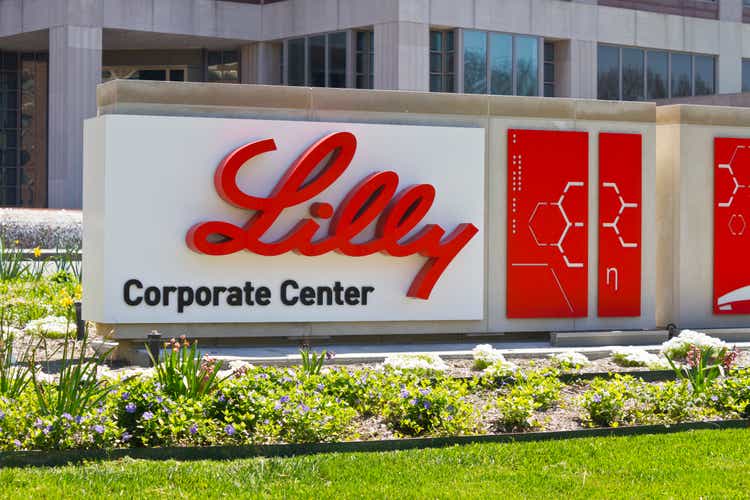jetcityimage/iStock Editorial via Getty Images Although either has yet to be approved, two Eli Lilly ( NYSE: LLY ) medications under development for Alzheimer's disease, donanemab and remternetug, are set to take the lion's share of the estimated $13B market for the memory-robbing disease by 2030, according to a new report. Both donanemab, the focus of a U.S.
FDA advisory committee meeting on June 10, and remternetug are in phase 3. The former is intended for preclinical stages of Alzheimer's while the latter for early stages. Bloomberg Intelligence projects that the two drugs could bring in a combined $6.

5B in 2030. That is considered a blow to Biogen ( NASDAQ: BIIB ) and Eisai's ( OTCPK:ESAIY ) Leqembi (lecanemab), an amyloid-beta plaque targeting monoclonal antibody that was approved in 2023. Although the companies currently have the advantage of marketing what is considered the only therapy to treat progression of the disease, Bloomberg Intelligence sees Leqembi bringing in $3.
2B in sales in 2030. Global revenue of Leqembi was only $19M in Q1. Analyst consensus sees donanemab accounting for 5% of Lilly revenues and Leqembi providing 19% of Biogen's revenues by 2030.
However, Bloomberg analysts see that 19% figure as difficult to achieve "unless it gains momentum after a sluggish launch." The Bloomberg report, "Alzheimer's Outlook: 2024," also noted that donanemab has a dosing advantage over Leqembi in that infusions are done every four weeks as opposed to every two weeks .























